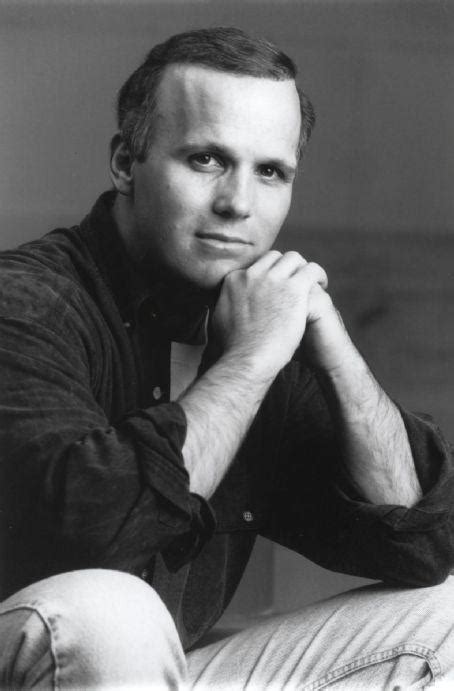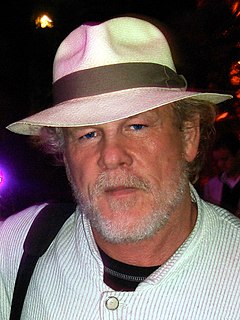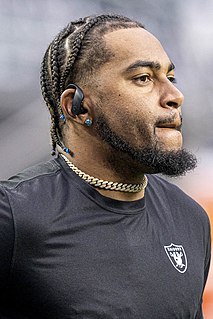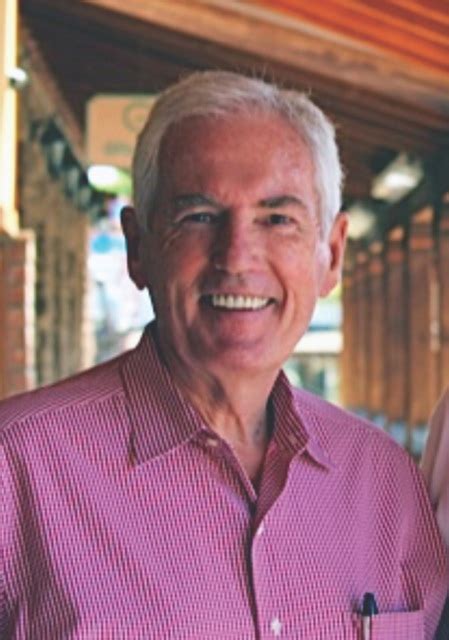A Quote by John Lanchester
But knowing that you had gone wrong, and knowing how you had gone wrong, were not the same thing as knowing how to put it right.
Related Quotes
Right now you can allow yourself to experience a very simple sense of not knowing - not knowing what or who you are, not knowing what this moment is, not knowing anything. If you give yourself this gift of not knowing and you follow it, a vast spaciousness and mysterious openness dawns within you. Relaxing into not knowing is almost like surrendering into a big, comfortable chair; you just fall into a field of possibility.
When I started acting, I had a really strong discipline of knowing that you had to be on time, knowing that you had to work 12 to 16 hours a day, knowing you had to be prepared, knowing you had to be ready, and it's very interesting because if you're an artist and you're creating, you can work very, very long hours but as you're putting out that love of creation, it's almost like you're charged by it, you're charged by the process of it.







































